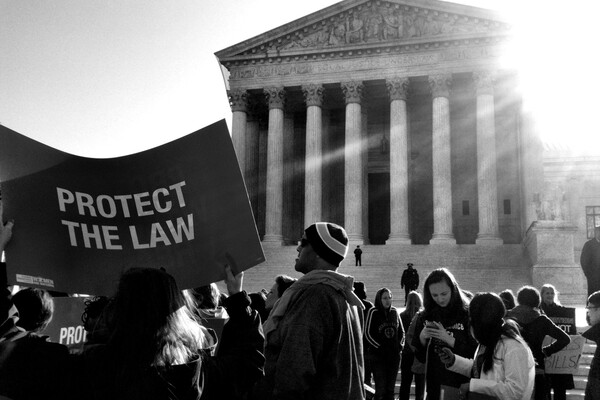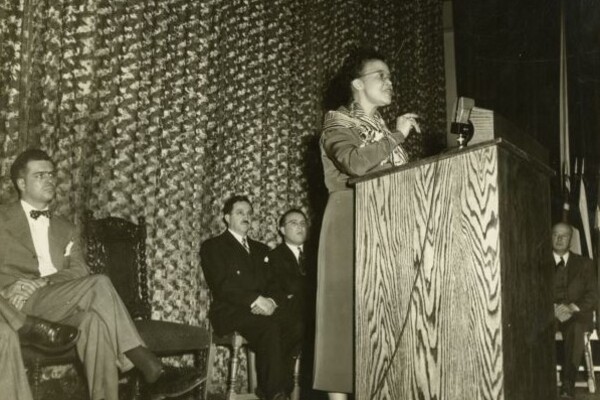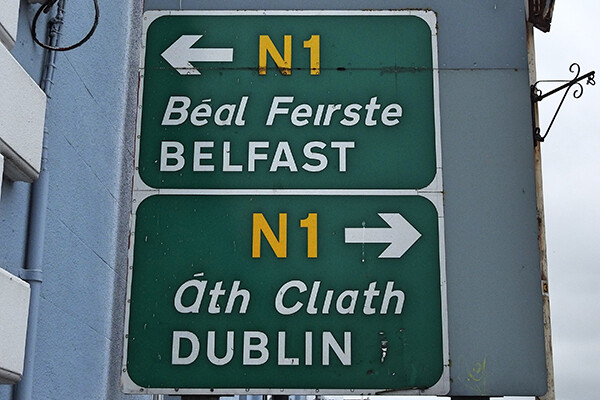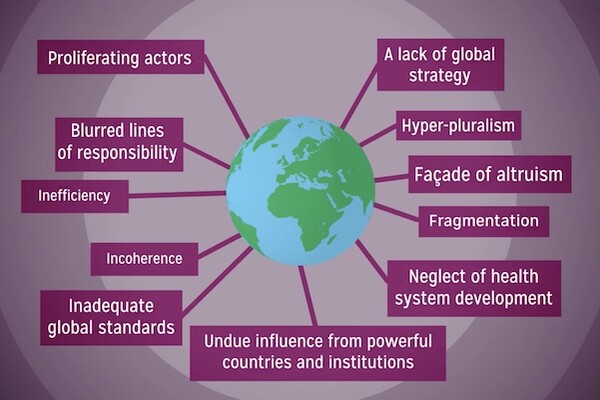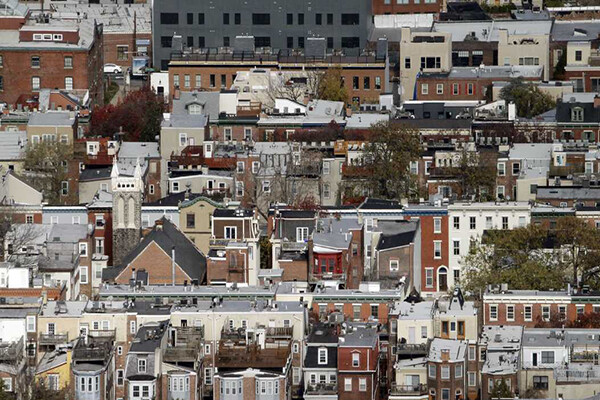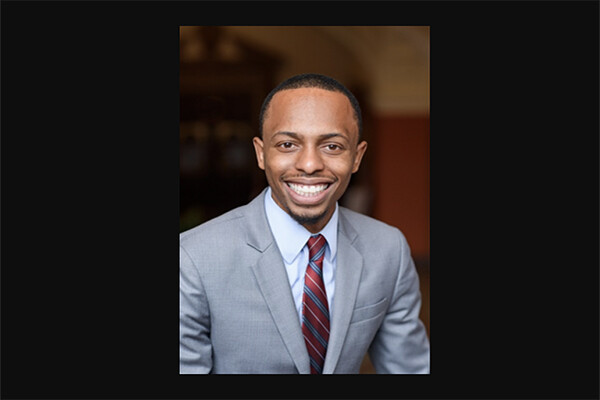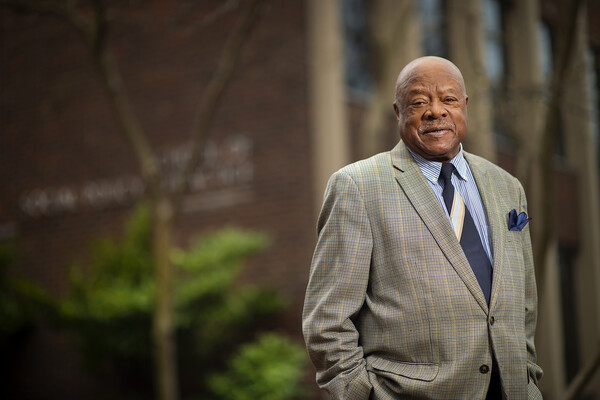11/15
Law
A high school cheerleader’s free speech and the First Amendment
A Pennsylvania high school cheerleader’s profanity-laced rant is now the foundation of a U.S. Supreme Court decision on free speech. Sigal Ben-Porath shares her arguments in her amicus brief to the court, and her predictions on the court’s decision.
The SCOTUS decision that keeps the Affordable Care Act intact
Penn Law professor Allison Hoffman, an expert on health care law and policy, explains the ruling on California v. Texas, the latest challenge to the Affordable Care Act.
Book launch reestablishes economic legacy of Sadie T.M. Alexander
A new book spotlights the speeches and writings of Sadie T.M. Alexander, the first African American to earn a Ph.D. in economics from Penn and in the U.S.
Report looks at referendums on Irish unification
A dozen experts, including Penn’s Brendan O’Leary, lay a framework for how any future unification vote can be fair and feasible.
Journalism, law, and freedom of the press
Law student Peter Jacobs draws on his background as a professional journalist for his forthcoming Comment on freedom of the press in the University of Pennsylvania Journal of Constitutional Law.
‘Global Health Justice and Governance’
In a special issue of the journal Global Health Governance, seven experts reflect upon Jennifer Prah Ruger’s call for a new model of global public health that prioritizes equity and cooperation between nations and agencies.
The potential role of vaccine certificates in the next phase of the pandemic
Public health law expert Eric Feldman and medical ethicist Emily Largent discuss the legal and ethical implications of companies and organizations requiring proof of vaccination to reengage with different sectors of the economy.
A fair housing law proposal to promote racial and economic integration
A research brief co-authored by Provost Wendell Pritchett proposes the use of fair housing law to work toward the end of segregation, and emphasize that the Affirmatively Furthering Fair Housing provision of the Fair Housing Act extends to all federal agencies.
Penn Law’s Lynnewood Shafer debuts ‘Black Excellence: Journeys of Success’
‘Black Excellence: Journeys of Success’ by University of Pennsylvania Carey Law School student Lynnewood Shafer will be published by New Degree Press in August 2021.
The world according to Walter Palmer
The educator, organizer, and alumnus discusses his six decades of activism, growing up in the Black Bottom, studying and teaching at Penn, his work at CHOP, the student strike of 1967, the Vietnam War, Frank Rizzo, Donald Trump, school choice, gun violence, the Chauvin trial, and why he thinks racism should be declared a national public health crisis.
In the News
Silk Road creator Ross Ulbricht is waiting for Trump to keep his word—and set him free
Leeza Garber of the Wharton School says that legal questions can’t be neatly isolated from ethical and political ones.
FULL STORY →
Courts restrained Trump in first term. Will they ‘check’ his power again?
Kate Shaw of Penn Carey Law says that the current Supreme Court is less likely to act as a check on presidential power than the Supreme Court of a few years ago.
FULL STORY →
What a Trump presidency might mean for Mayor Adams’s criminal case
Claire Finkelstein of Penn Carey Law comments on the incoming presidential administration and the legal woes of the New York City mayor.
FULL STORY →
Elon Musk wins big by betting on Trump
Cary Coglianese of Penn Carey Law says that Elon Musk might view himself as capable of “turning around the federal government.”
FULL STORY →
What a reelected Trump can and can’t do to sway the Fed
Peter Conti-Brown of the Wharton School says that whether a president can remove the Federal Reserve chair is ambiguous because the law doesn’t explicitly provide “for cause” protection for the role.
FULL STORY →
Election Day 2024: Can people see who I vote for?
Michael Morse of Penn Carey Law says that ballots are anonymous and won’t be connected back to a name when tabulated.
FULL STORY →





